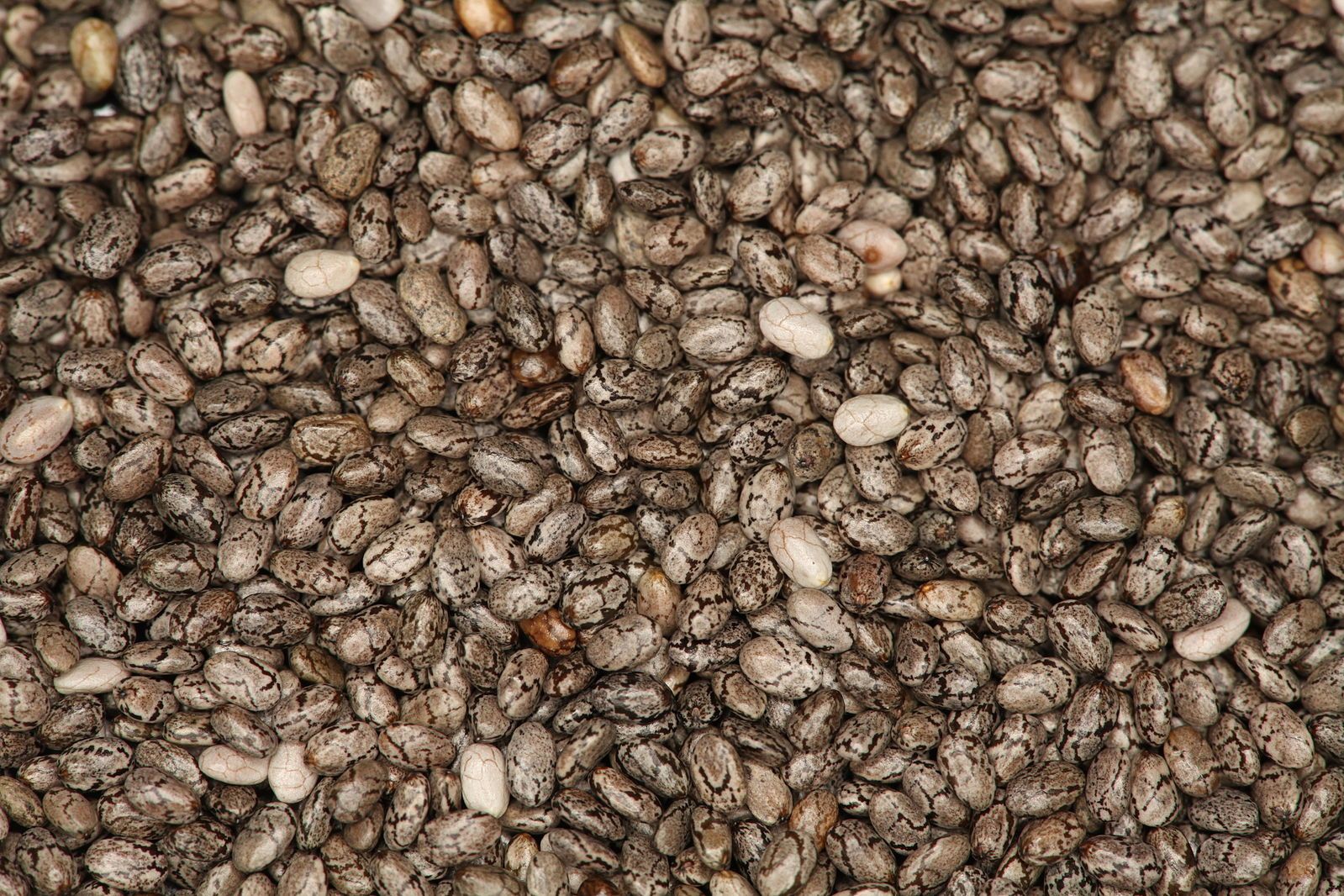Chia Oil May Increase Omega-3 DHA Content in Breast Milk
Recent study results suggest pregnant and nursing mothers who consumed Benexia chia oil may experience significant increases in certain omega-3 fatty acids in their breast milk and red blood cells.
Photograph by Daniel Schwen/Wikimedia Commons/CC-BY-SA-3.0.

Benexia (Santiago, Chile) has shared recent study results suggesting pregnant and nursing mothers who consume Benexia chia oil may experience significant increases in certain omega-3 fatty acids in their breast milk and red blood cells. Mothers who supplemented with chia oil during late pregnancy and early nursing showed significant increases to alpha-linolenic acid (ALA) and docosahexaenoic acid (DHA) in their breast milk, as well as increases in ALA and eicosapentaenoic acid (EPA) in their red blood cells.
Researchers at the University of Chile studied 40 healthy pregnant women aged 22–35 who were randomized to consume either 16 ml of chia oil per day or a normal control diet for nine months. The treatment period began at the third trimester of pregnancy and continued through the first six months of nursing. Researchers used gas chromatography to measure the fatty acid profile of breast milk collected during the first six months of nursing, as well as the fatty acid profile of erythrocyte (red blood cell) phospholipids at six months of pregnancy, at time of delivery, and at six months of nursing.
Compared to the control group, the women consuming chia oil showed significant increases to the ALA (60%) and DHA (50%) content of breast milk. DHA only increased during the first three months of nursing, while ALA showed an increase through the entire nursing period. The chia oil group also showed higher ALA (76%) and EPA (57%) content in their red blood cells.
In the study announcement, Benexia noted that its chia oil offers one of the highest plant sources of ALA, which the body is able to transform first into EPA, then DHA, through a series of enzymatic reactions that mainly occur in the liver. The firm also explains that DHA has been shown to play a critical role during pregnancy and in the first year of life, making these study results especially promising for pregnant and lactating women.
“The values of ALA, EPA, and DHA suggest a higher bioconversion of the omega-3 precursor from consumption of chia oil, and that it could be a valuable addition to the diets of pregnant and lactating women,” says Sandra Gillot, CEO of Benexia. Gillot adds that omega-3s from chia oil may be especially desirable in populations where fish-oil consumption is low, or with women who follow a vegan or plant-based diet.
Read more:
Benexia Promotes Dispersible Chia Powder for Beverages at SupplySide West
Superfoods Rack Up “Phenomenal” Growth in Global Launches, Mintel Reports
5 Nutrition Bars with 5 Ingredients or Less
Michael Crane
Associate Editor
Nutritional Outlook Magazine
michael.crane@ubm.com
References:
Valenzuela R et al., “Modification of docosahexaenoic acid composition of milk from using women who received alpha linolenic acid from chia oil during gestation and nursing,” Nutrients, vol. 7, no. 8 (August 2015): 6405–6424